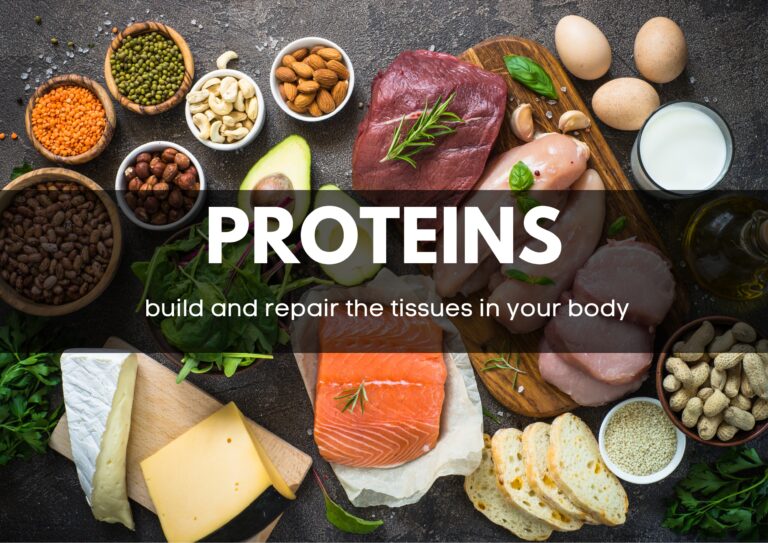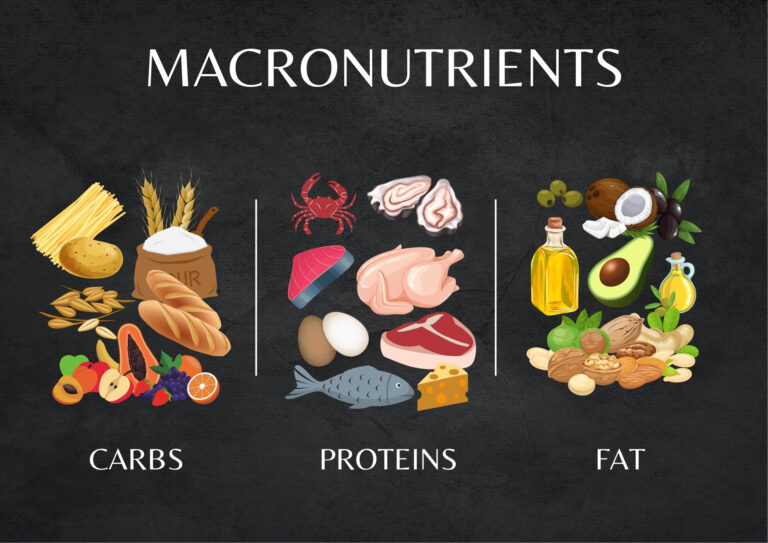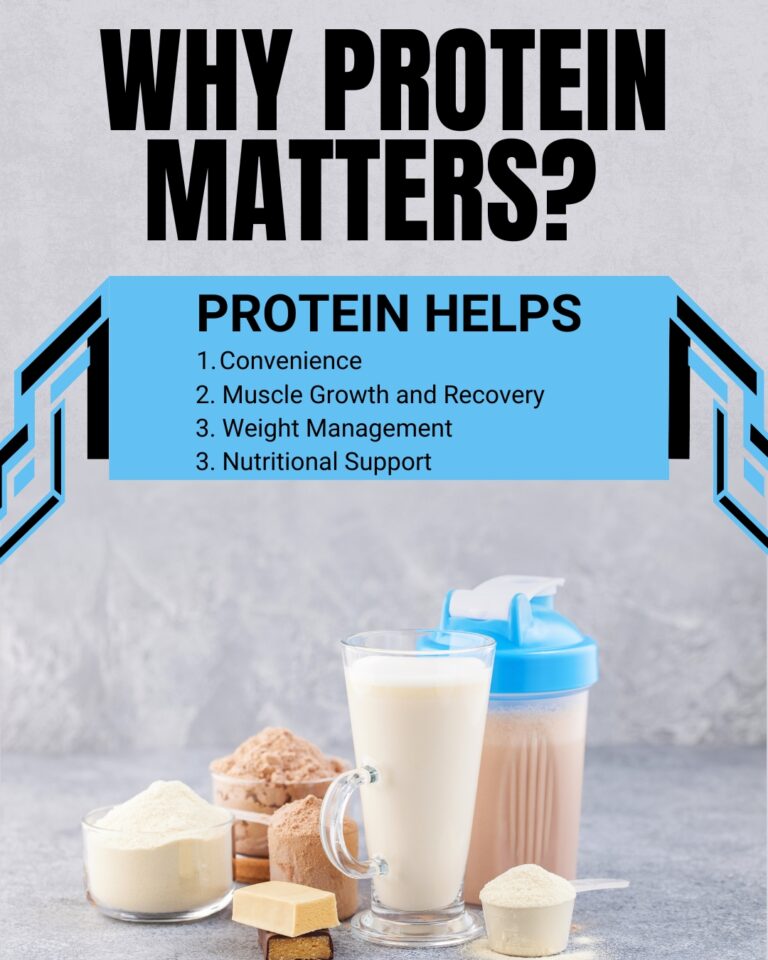The Truth About Protein Shakes
Protein shakes have become incredibly popular in the fitness world often presented as a special solution for gaining muscle losing weight and just feeling healthier. From serious gym-goers to busy professionals needing a quick meal protein shakes seem to be everywhere.
But do we really need them? Do they actually work like people say? Let’s explore the real story about protein shakes: their pluses, myths when you might use them and how to pick a good one.

What Exactly Are Protein Shakes?
Protein shakes are drinks you make mixing protein powder with water milk or other liquids. The protein in these powders usually comes from different places like:
- Whey (a milk protein)
- Casein (another milk protein)
- Soy
- Pea
- Rice
- Hemp
- Egg white
They come in flavors like chocolate vanilla or strawberry and might have extra stuff like vitamins minerals and sweeteners too.
Why Is Protein So Important Anyway?
Protein is a key macronutrient needed for building fixing tissues making enzymes and hormones and keeping your immune system up. It’s extra important if you’re active trying to build muscle or losing weight.
The standard recommendation (RDA) for protein is roughly 0. 8 grams per kilogram of body weight for most adults. But athletes and people doing regular strength training might need more like 1. 2 to 2. 0 grams per kilogram to help with recovery and muscle growth.
What Are the Benefits of Protein Shakes?
1) Convenience
A huge plus for protein shakes is just how simple they are to make and drink. In our busy lives not everyone can cook protein-rich meals multiple times a day.
2) Muscle Growth and Recovery
Lots of studies show drinking protein after a workout boosts muscle protein synthesis which is key for growth and repair. Whey protein especially gets digested fast and has lots of leucine an amino acid important for building muscle.
3) Weight Management
Diets high in protein can help you feel full reduce hunger and support fat loss while keeping lean muscle. Adding protein shakes to a weight-loss plan can help hit your protein targets without extra calories.
4) Nutritional Support
For vegetarians vegans or people with food restrictions protein shakes offer a handy way to get the protein you need each day.
Common Misconceptions About Protein Shakes
1) Myth: Protein Shakes Are Only for Bodybuilders
Truth: While bodybuilders often use protein shakes to support muscle growth, they are beneficial for anyone who needs a convenient source of protein—from athletes to older adults looking to maintain muscle mass.
2) Myth: Too Much Protein Damages the Kidneys
Truth: There is no solid evidence that high-protein intake causes kidney damage in healthy individuals. People with existing kidney disease should monitor protein intake, but for most people, higher protein consumption is safe.
3) Myth: Protein Shakes Make You Gain Weight
Truth: Protein shakes themselves don’t cause weight gain—excess calories do. If a protein shake adds to your daily caloric surplus, it can contribute to weight gain. However, when used appropriately, they can aid in weight loss and maintenance.
4) Myth: Natural Food Is Always Better Than Shakes
Truth: Whole foods are ideal because they provide a range of nutrients, but protein shakes can be a useful supplement, especially when convenience or dietary needs limit access to high-protein meals.
When Should You Use a Protein Shake?
- Post-Workout: After resistance or endurance training, a protein shake can support muscle recovery.
- Meal Replacement: When you’re short on time, a protein shake can replace a meal—just make sure it includes some fats and carbs for balance.
- Snack: Instead of reaching for high-sugar snacks, a protein shake can provide a satisfying and healthier alternative.
- Dietary Supplement: If you struggle to meet protein requirements through food alone, shakes can help bridge the gap.
How to Choose the Right Protein Shake
Not all protein powders are created equal. Here are some tips for selecting a high-quality option:
1) Check the Ingredients
Look for a short ingredient list. Avoid products with excessive sugar artificial sweeteners or unnecessary additives.
2) Protein Type
Choose a protein source that suits your dietary needs. Whey is fast-digesting and ideal for post-workout. Casein digests slowly making it better for nighttime. Plant-based proteins are great for vegans.
3) Protein Content
A good protein shake should provide at least 20 grams of protein per serving.
4) Third-Party Testing
Look for certifications like NSF Certified for Sport or Informed Choice to ensure product safety and quality.
Homemade vs. Store-Bought
Store-bought protein shakes might seem easy enough, but making your own gives you better control over cost and how it tastes. Plus here’s a simple recipe:
DIY Protein Shake Recipe
- 1 scoop protein powder
- 1 cup milk or plant-based milk
- 1 banana
- 1 tbsp nut butter
- Handful of spinach (optional)
- Ice cubes
- Blend and enjoy!
This shake provides protein, healthy fats carbs and even greens—a balanced meal or snack.
Potential Downsides of Protein Shakes
1) Overreliance
2) Digestive Issues
3) Cost
Understanding Macronutrients: The Bigger Picture

While protein is crucial, it’s just one part of a bigger nutritional picture. Our bodies rely on three main macronutrients for energy and overall health:
- Protein: Helps build and repair tissues, support immune function, and maintain muscle mass. Essential for recovery and strength, especially for active individuals.
- Carbohydrates: The body’s preferred energy source. Good carbs from whole grains, fruits, and vegetables fuel workouts, brain function, and daily activities.
- Fats: Often misunderstood, healthy fats (like those from avocados, nuts, olive oil, and fish) are vital for hormone production, cell health, and long-lasting energy.
A balanced diet should include the right amounts of all three macronutrients, not just protein. Paying attention to your intake of carbs, protein, and fats ensures you have the fuel you need for exercise, recovery, mental focus, and overall well-being.
Final Thoughts
Protein shakes are a handy and effective way to add something extra to your diet, especially if you need lots of protein or have a busy schedule. They can help build muscle aid in weight management and help meet daily nutritional requirements. However, they are not a magic solution and should be part of a balanced diet rich in whole foods.
Understanding your individual goals lifestyle and dietary needs will help you decide whether protein shakes are right for you. Used wisely, they can be a valuable addition to your nutrition plan—but they’re just one piece of the puzzle in achieving optimal health and fitness.
Quick Tips Recap:
- Use protein shakes to supplement not replace whole foods
- Choose high-quality powders with minimal ingredients
- Pair with balanced meals or use post-workout
- Don’t overconsume; more isn’t always better
- Stay hydrated and eat a well-rounded diet for best results
FAQ
Not always. If you meet your daily protein needs through whole foods like meat, eggs, dairy, legumes, and nuts, you may not need a protein shake. However, they can be a convenient option for busy lifestyles or specific fitness goals.
Protein shakes themselves don’t cause weight gain — excess calories do. If you consume more calories than your body burns (whether from protein shakes or any other food), it can lead to weight gain.
It depends on your goal. Post-workout is ideal for muscle recovery, while some people use them as a meal supplement or snack to meet their daily protein intake.
